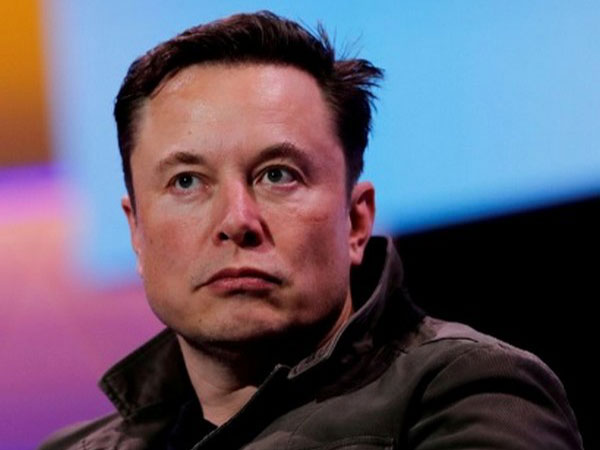Elon Musk's Early Visa Challenge in Silicon Valley Startup Days
The Washington Post reports that Elon Musk may have worked illegally in the U.S. in the 1990s during his startup days. Arriving in Palo Alto for Stanford, he did not enroll but founded Zip2. Immigration experts say he needed student status for work authorization. Musk and his companies have not commented.

- Country:
- United States
A recent investigation by The Washington Post has revealed that South African-born billionaire Elon Musk may have violated U.S. immigration laws during his early entrepreneurial activities in the 1990s. Arriving in Palo Alto in 1995 with plans to attend Stanford University, Musk instead chose to start Zip2, a tech company that was sold for around $300 million in 1999.
The report, citing immigration law specialists, points out that Musk would have been required to be enrolled in a full course of study to legally work in the United States. Despite multiple attempts, neither Musk nor his companies—SpaceX, Tesla, X, and The Boring Company—have provided a comment on these findings.
In a podcast from 2020, Musk reportedly mentioned that he was in the U.S. legally and supposed to be performing student work. Additionally, Musk, who has publically supported Republican Donald Trump in the upcoming election, received his work authorization approximately two years after his initial arrival, according to former colleagues.
(With inputs from agencies.)
ALSO READ
AfDB Invests $10 Million to Boost Climate Technology Startups in Sub-Saharan Africa
Climate-Tech Startup Fitsol Raises USD 1 Million to Expand B2B Sustainability Marketplace
Indian Grandmaster's Visa Woes: Race Against Time
U.S. Imposes Visa Restrictions Amid South Sudan Conflict
Arjun Erigaisi's Race to New York: Visa Saga Concludes










